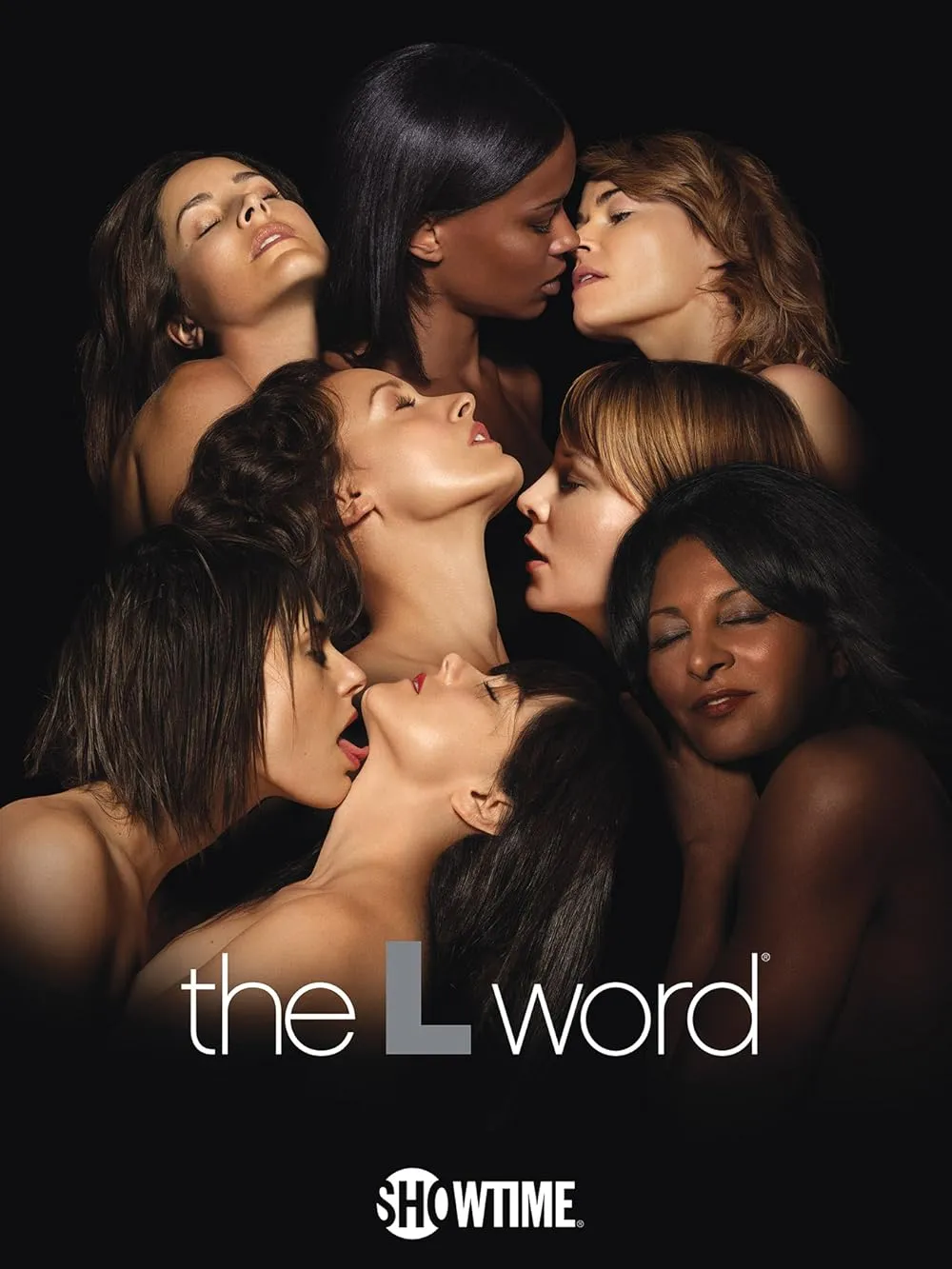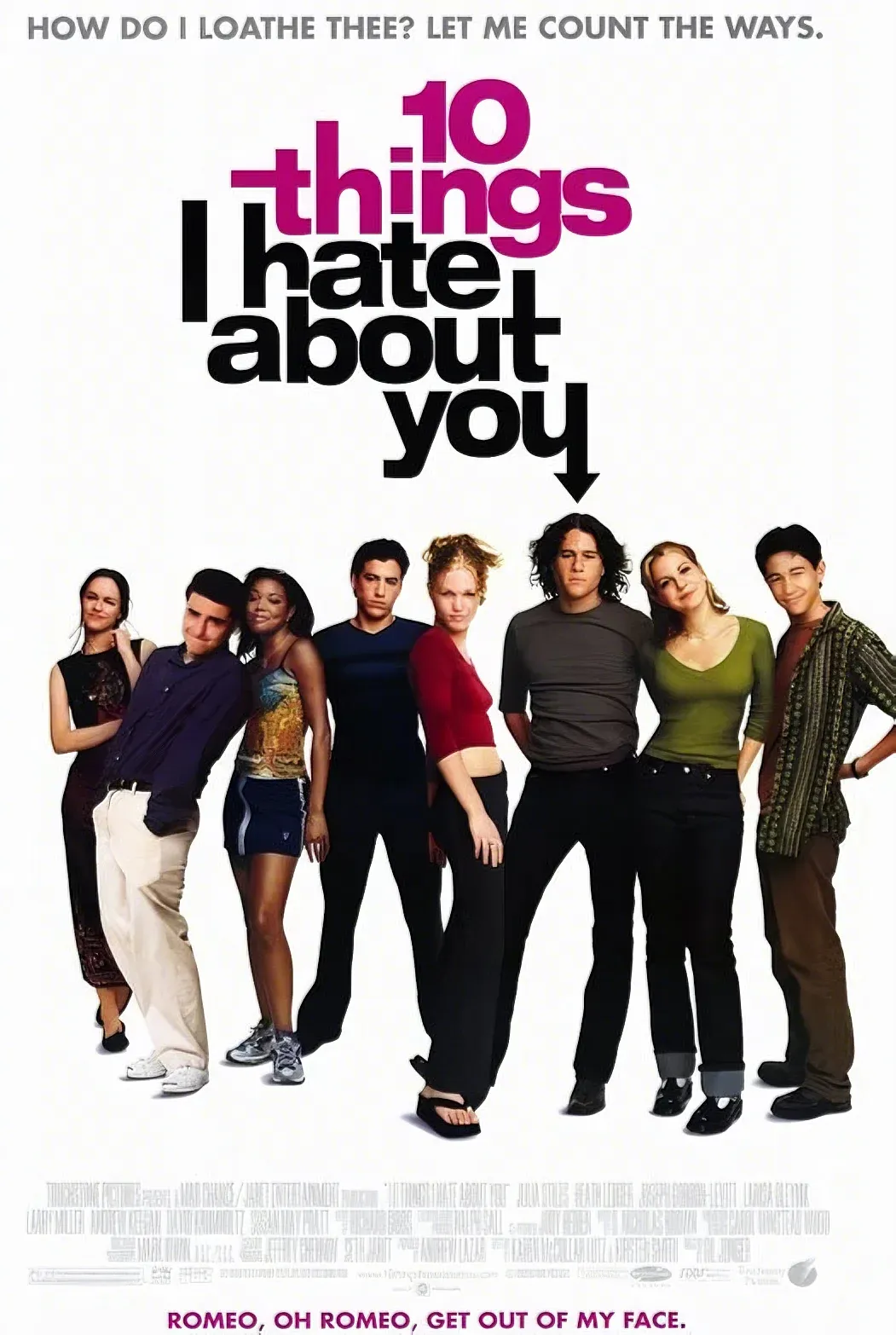The L Word (2004–2009)
Premiering in 2004, The L Word was groundbreaking television—a drama that centered unapologetically on the lives of lesbian and bisexual women in Los Angeles. The series begins by introducing Jenny Schecter, a shy and somewhat naïve aspiring writer who moves to West Hollywood with her boyfriend, Tim. There, she becomes entangled in the close-knit circle of queer women living in her neighborhood. Jenny's arrival becomes the audience’s gateway into this vibrant and often dramatic community. The core group includes Bette Porter, an ambitious and successful art curator in a long-term relationship with Tina Kennard, who is trying to conceive a child. Their stability is tested almost immediately by emotional distance and the challenges of starting a family. Meanwhile, Dana Fairbanks, a closeted professional tennis player, struggles with her sexuality under the scrutiny of the media, and Alice Pieszecki, a quirky, opinionated journalist, brings humor and heart to the group dynamic. Shane McCutcheon, a charismatic, androgynous hairstylist, rounds out the group as the free-spirited heartbreaker whose personal relationships often end in chaos. In the early seasons, the show focuses on personal awakenings, relationship struggles, and the complexities of queer identity in a still-heteronormative world. Issues like coming out, infidelity, family rejection, and the search for belonging are woven into the storytelling, making the characters’ experiences deeply human and emotionally engaging.
As the series progresses, The L Word expands its narrative scope and emotional depth. Relationships deepen, fall apart, and reform as each character faces personal transformation. Bette and Tina’s relationship becomes a central emotional arc throughout the show, marked by love, betrayal, separation, and eventual co-parenting. Their struggles highlight themes of family, custody, and evolving partnerships. Jenny’s evolution is among the most dramatic—she transitions from an insecure outsider to a deeply complex, and at times controversial, character who explores her creative and sexual identity in unpredictable ways. Her writing career becomes a central focus, as well as her often-destructive behavior, which isolates her from others. Dana’s tragic death from breast cancer is one of the most emotional turning points of the series, deeply affecting the group and serving as a rare moment of grounded vulnerability. Shane's journey reflects a pattern of resistance to intimacy and fear of commitment, despite her obvious emotional depth and the love she offers and receives. Alice explores both platonic and romantic relationships with men and women, and later confronts issues of visibility and activism, including starting a talk show and becoming more politically engaged. Throughout seasons 3 to 5, the show also introduces new characters—some received more warmly than others—including Helena Peabody, a wealthy and initially antagonistic woman who becomes part of the friend group, and Max Sweeney, a trans man whose storyline addresses gender identity, transphobia, and transition with varying degrees of sensitivity and controversy. The show does not shy away from challenging content, often tackling topics such as same-sex parenting, LGBTQ+ representation in media, workplace discrimination, and mental health. Despite its melodramatic tone at times, the series remains impactful for its willingness to portray the emotional, sexual, and political realities of queer women with complexity and honesty.
The final season (season 6) shifts tone and structure, centering around a murder mystery involving Jenny, who is found dead in Bette and Tina’s pool. Told in flashbacks and interviews, the season explores the strained dynamics among the characters and the growing conflicts that had been simmering beneath the surface for years. While this final season received mixed to negative responses for its unresolved plot and uneven writing, it served as a dramatic culmination of years of personal entanglements and emotional history. By the series’ end, most characters are at a crossroads: Bette and Tina consider leaving Los Angeles for a new life with their daughter; Shane reflects on her fear of stability and love; Alice begins to channel her passion into her media career; and the group must reckon with the consequences of Jenny’s death and what it means for their fractured community. Though The L Word ended in 2009, its legacy remains significant. It was one of the first television shows to depict lesbian relationships, friendships, and culture with such depth and focus, helping pave the way for more inclusive LGBTQ+ storytelling in mainstream media. The series broke boundaries not just for its content, but for showing queer women as fully developed, flawed, and passionate individuals navigating life, love, and identity. With a cast of dynamic characters and storylines that were both emotional and political, The L Word remains a cultural landmark, and its 2019 reboot (The L Word: Generation Q) continues the story for a new generation.




